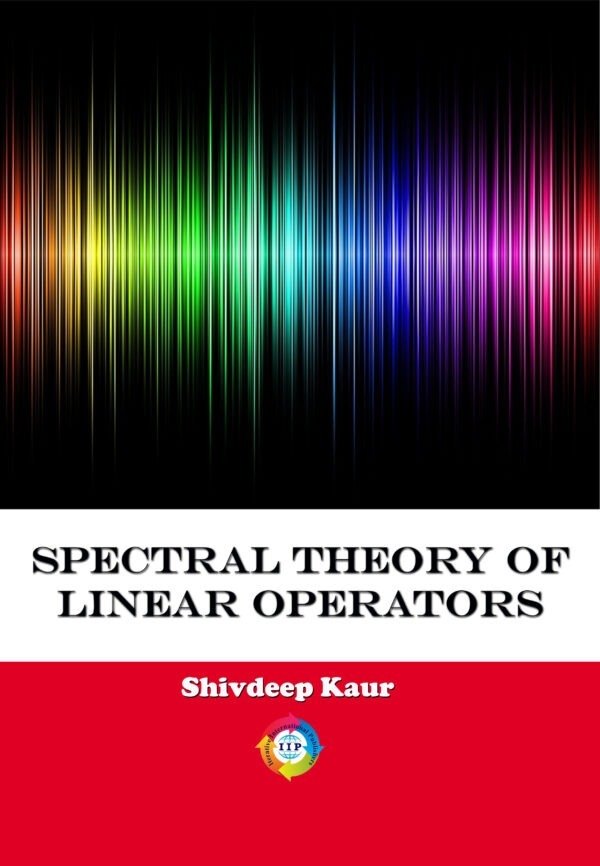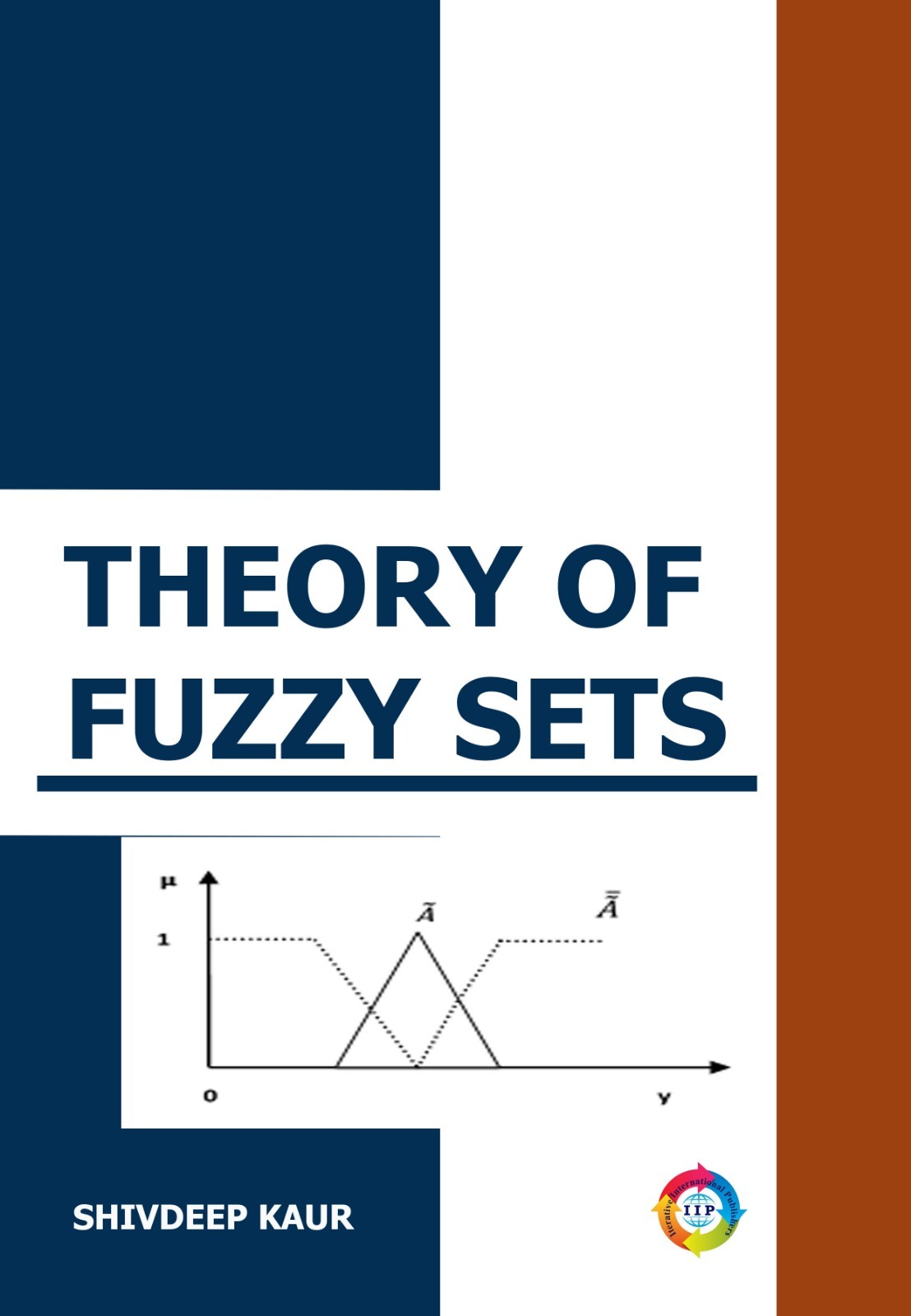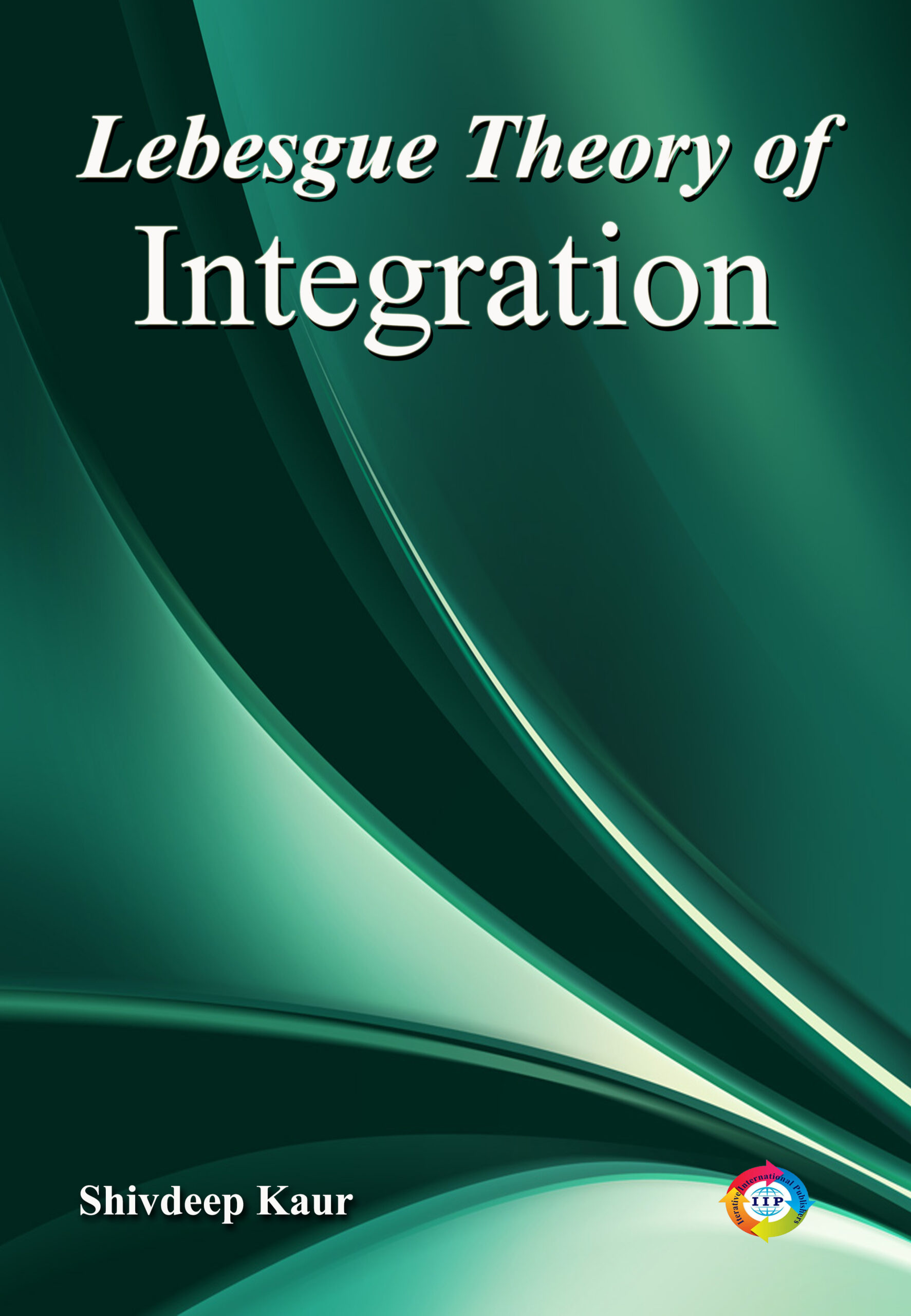Spectral Theory was initially formulated by David Hilbert in his Hilbert Space Theory. Spectral Theory is a very important branch of modern functional analysis and its applications. It is an extension of Matrix eigen value theory of finite dimensional spaces to the spaces of any dimension. To understand the concepts of Spectrum, basics of Functional Analysis are required. Spectral theory deals with spectrum of linear operators on different spaces such as Complex Banach Space, Complex Hilbert Space. It establishes the conditions under which an operator can be expressed in simple form as a sum of simpler operators. Why it is important or it is needed to study spectral theory? The answer to this question lies in the fact that while solving systems of linear algebraic equations, differential equations and integral equations we come across some operator equations. To solve such equations we need their inverse operator. In the spectral theory we investigate under what conditions we can have an inverse operator for a linear operator. Other than this, spectral theory is important to understand the operators itself. In the chapter 1 Spectral theory of linear operator on finite dimensional spaces is discussed. In case of finite dimensional spaces spectral theory is same as that of Matrix eigen value theory. In the chapter 2 spectral theories of infinite dimensional spaces is discussed. This case is not as simple as the case of finite dimensional spaces it is little complicated as compare to finite dimensional spaces. Important properties of spectrum of bounded linear operators on Normed and Banach Spaces are discussed. In this chapter Spectral theory in the Complex Analysis is also discussed which is on very elementary level and some important conclusions are drawn for which necessary background of complex analysis is needed. In Chapter 3 Spectral theory in Banach Algebra is discussed and it is been noted that some spectrum is possible in Banach Algebra with respect to every complex number. Some results and Facts about spectrum that are discussed in chapter 2 can be generalized in case of Banach Algebra. In chapter 4 properties of compact linear operators are developed. The compactness of a linear operator was suggested by integral equations. Compact linear operators are very important in applications. They play an important role in theory of integral equations and various problems in physics. Theory of compact operators can be used in functional analysis also. Some of the Properties of compact linear operators are same as those of operators on finite dimensional spaces. In this chapter some properties that help to establish the spectrum of compact linear operator are discussed.
In Chapter 5 spectral properties of compact linear operators are developed. The spectral theory of a compact linear operator is generalization of the eigen value theory of finite matrices and have same properties and results in many cases. The compact linear operators on a normed space have infinitely many eigen values and these eigen values can be arranged in a sequence that converges to zero.
Fredhlom(1903) investigated linear integral equations and his famous work suggested a theory of solvability of certain equations involving a compact linear operator. In the Chapter 6 Operator equations involving compact linear operators, their solution sets, relations between their solutions and conditions under which we can have solutions are discussed. In Chapter 7 Spectral properties of bounded self adjoint linear operators on Complex Hilbert Spaces are discussed. It is developed that spectrum of bounded self adjoint linear operator is real and residual spectrum is empty.
The material in this book has formed the basis of lecture and seminars for post graduate students of Mathematics. The presentation is easy and elaborated. The concepts and methods in this book are abstract. Some important examples where needed are also discussed.











Reviews
There are no reviews yet.